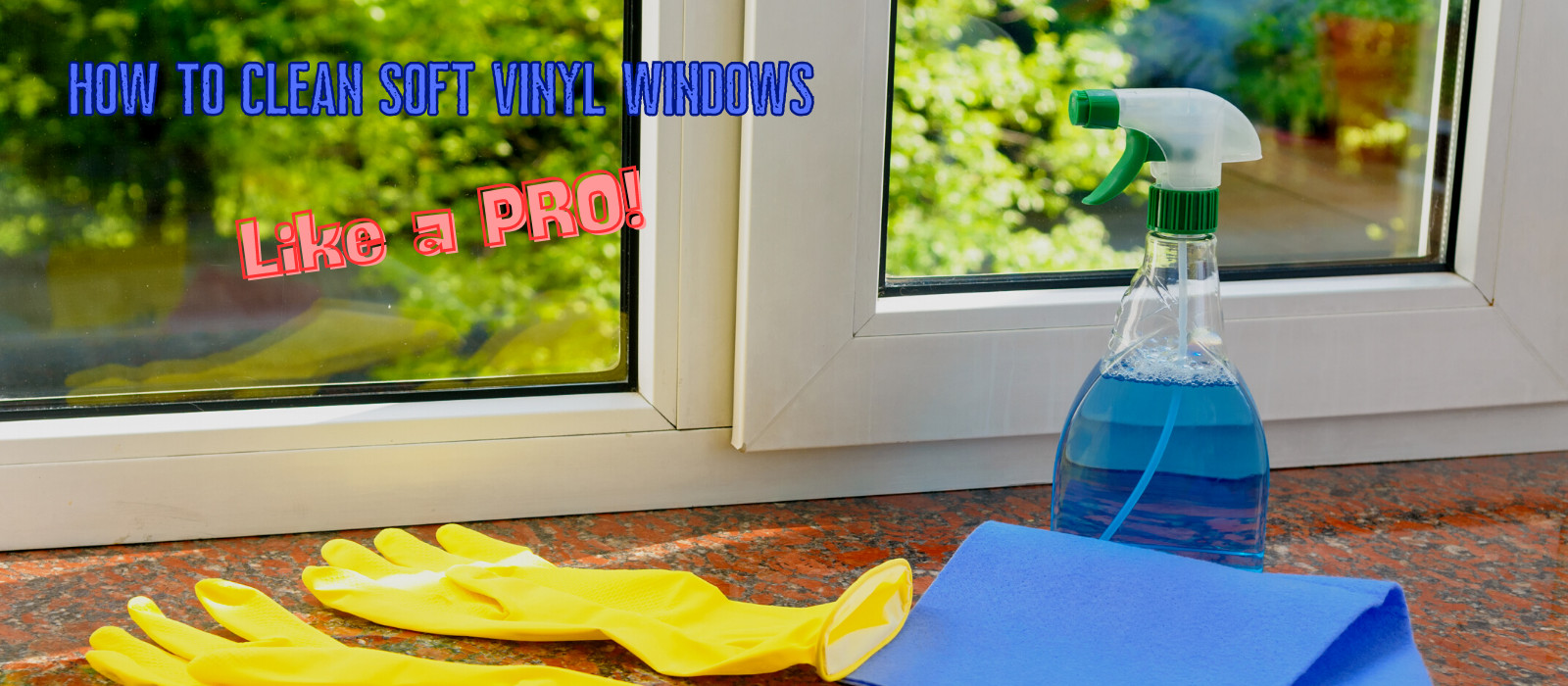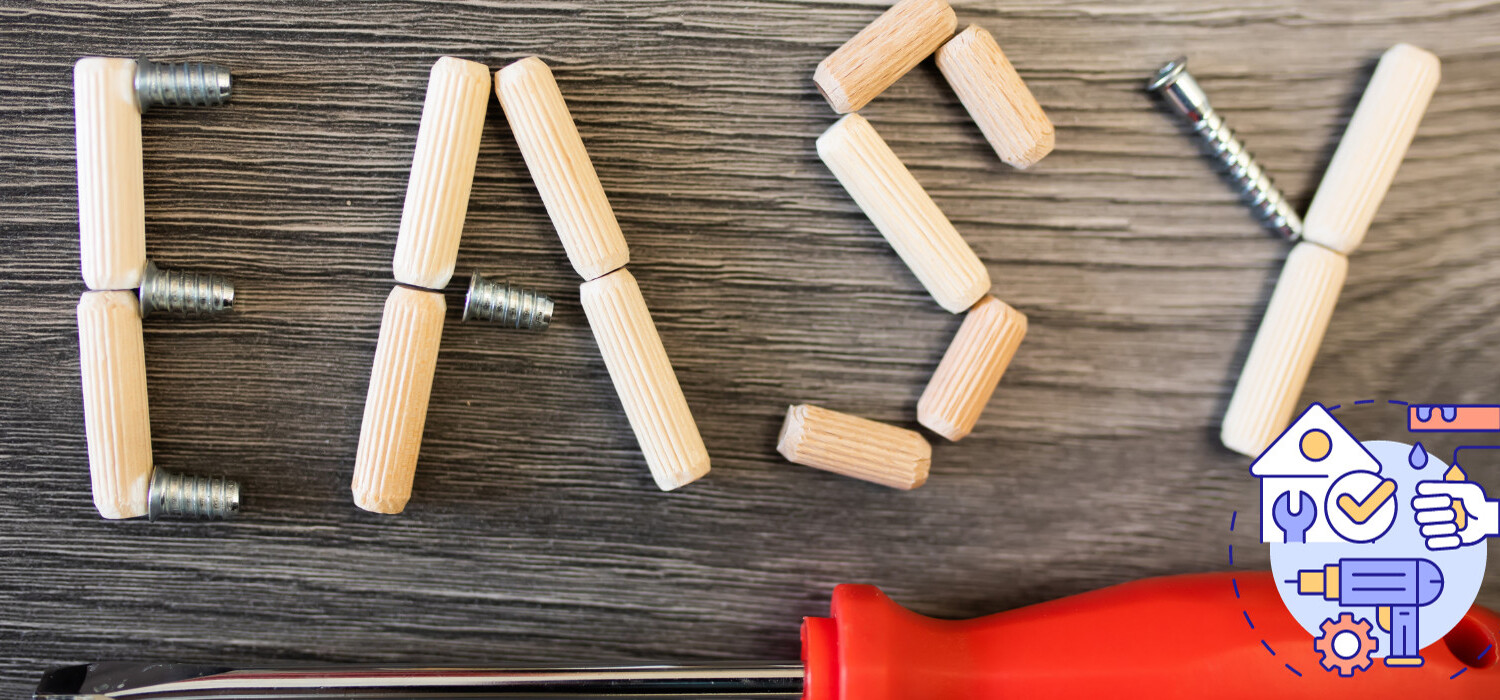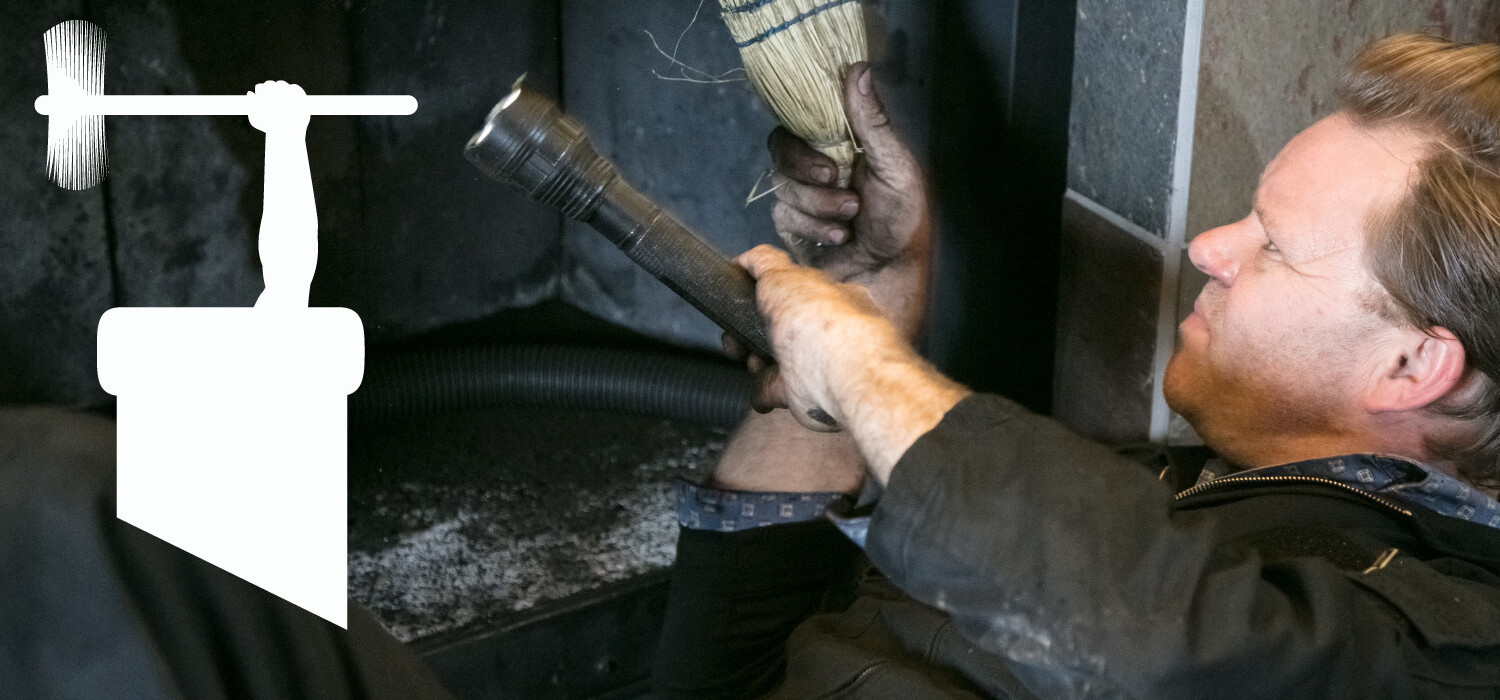If you have soft vinyl windows, you know how important it is to keep them clean. Not only does regular cleaning keep your windows looking their best, but it also helps to maintain their longevity. And a homeowner’s life is less stressful the longer you can put off that new window cost.
Soft vinyl windows are popular among homeowners because they are low-maintenance and durable. However, they still require proper care to continue functioning correctly.
So let’s not waste any more time and get down to business.
The Foundation of Keeping Your Soft Vinyl Windows Clean

When cleaning soft vinyl windows, there are a few key things to remember.
First, using the right cleaning products and tools is essential to avoid damaging the vinyl.
Second, you’ll want to establish a regular cleaning schedule to keep your windows looking their best. Otherwise, you’ll make the process more difficult down the road.
In this article, we’ll provide you with some tips and tricks for cleaning your soft vinyl windows like a pro. Whether you’re dealing with dirt, grime, or smudges, cleaning your soft vinyl windows doesn’t have to be daunting. With the right tools and techniques, you can keep your windows looking their best for years. So, with these fundamentals firmly established, let’s get more in-depth on the first building block.
Supplies Needed
Cleaning soft vinyl windows is a simple task that requires a few basic supplies. Most of them you may have lying around the house already. Before you get started, make sure you have the following items:

- Dish soap
- Warm water
- Bucket
- Sponge
- Soft bristle brush
- Lint-free cloth or paper towel
- Vinegar (optional)
If you already have dish soap on hand, make sure it is a mild detergent that won’t damage the vinyl surface. Also, warm water is best for cleaning, as it helps to dissolve dirt and grime more effectively than cold water.
It should be obvious, but the bucket is necessary to mix your cleaning solution and to hold your tools while you work. The sponge is ideal for cleaning large surface areas, while the soft bristle brush comes in handy for those hard to get rid of stains. Just make sure the brush is soft. Otherwise, you could do some unintended damage to the vinyl.

For the same protective reasons, using a lint-free cloth or paper towel is perfect for drying your windows after cleaning.
Finally, vinegar is an optional ingredient that can be added to your cleaning solution to help remove tough stains and disinfect your windows. If you use vinegar, the best method is to dilute it with water to avoid damaging your vinyl windows with the harsh solution.
Preparation
To maximize your cleaning efforts, prepare the necessary tools and materials that we listed above. You may also want to consider having a vacuum or squeegee nearby.
When you’re ready to begin, take the time to first remove any loose dirt. Whether dusting it off or using a handheld vacuum, this step makes cleaning more effective without unnecessarily dirtying the soapy water.
Once you have removed any loose dirt or debris, you can start cleaning your soft vinyl windows. But before you do, you should test your cleaning solution on a small, inconspicuous area of the window to be sure it does not damage the surface.

Better to be safe than sorry!
Cleaning Solution
Now’s a good time to discuss the cleaning solution you could use to clean your soft vinyl windows. I was serious about testing out your cleaning product before diving in head first.
When cleaning soft vinyl windows, using the right cleaning solution is crucial! The wrong solution can damage the vinyl material, leaving it discolored, cracked, or even warped. So, what’s the best cleaning solution for soft vinyl windows?
First, it’s important to note that abrasive or acidic cleaners should be avoided. These can scratch or etch the surface of the vinyl, causing permanent damage. Instead, opt for a mild, non-abrasive cleaner. Here are a few options:

- Warm, soapy water: This simple and effective cleaning solution won’t harm your soft vinyl windows. Use a soft cloth or sponge to gently scrub the windows, then rinse with clean water and dry with a soft towel.
- Vinegar and water: A mixture of white vinegar and water can also be used to clean soft vinyl windows. Mix equal parts vinegar and water in a spray bottle, then spray the solution onto the windows and wipe clean with a soft cloth.
- Commercial vinyl cleaner: Several commercial vinyl cleaners are also available on the market. Be sure to choose one specifically formulated for soft vinyl windows, and follow the manufacturer’s instructions carefully.
Cleaning Process
Now for the moment you’ve been waiting for, your step-by-step guide to cleaning your soft vinyl windows like a pro. Let’s take all I’ve laid out and put it together for a simple process.

Step 1: Remove Loose Dirt and Debris
Step 2: Apply Cleaning Solution
Step 3: Scrub with Soft Brush
Step 4: Rinse with Water
Step 5: Dry with a Soft Cloth and Squeegee
Following these simple steps, you can keep your soft vinyl windows clean and clear. Regular cleaning will also help prolong your windows’ life and prevent damage from dirt and grime buildup.
Before you go, take a minute to look through the next section on the best tips to maintain your windows for years to come.
Maintenance Tips
Proper maintenance of soft vinyl windows is essential to ensure their longevity and keep them looking new. Here are some tips to help you maintain your vinyl windows:

- Set a schedule for cleaning your windows. A planned cleaning regimen will do wonders for your soft vinyl windows.
- Inspect your windows for any signs of damage or wear and tear. Address any issues promptly to prevent further damage.
- Keep the track and sash of your windows clean and free from debris. This will ensure smooth operation and prevent damage to the window components.
- Apply silicone lubricant to the moving parts of your windows to keep them operating smoothly. This isn’t needed all the time, but the more you use your windows, the more frequently this should occur.
- During extreme weather conditions, such as heavy rain or snow, check your windows for any signs of leakage or damage. Address any issues promptly to prevent water damage to your home.
I hope you enjoyed these tips. Like cleaning any room or foundation in your home, it’s essential to consider your equipment and a regularly occurring schedule. Getting on top of it before time makes the job more difficult.



